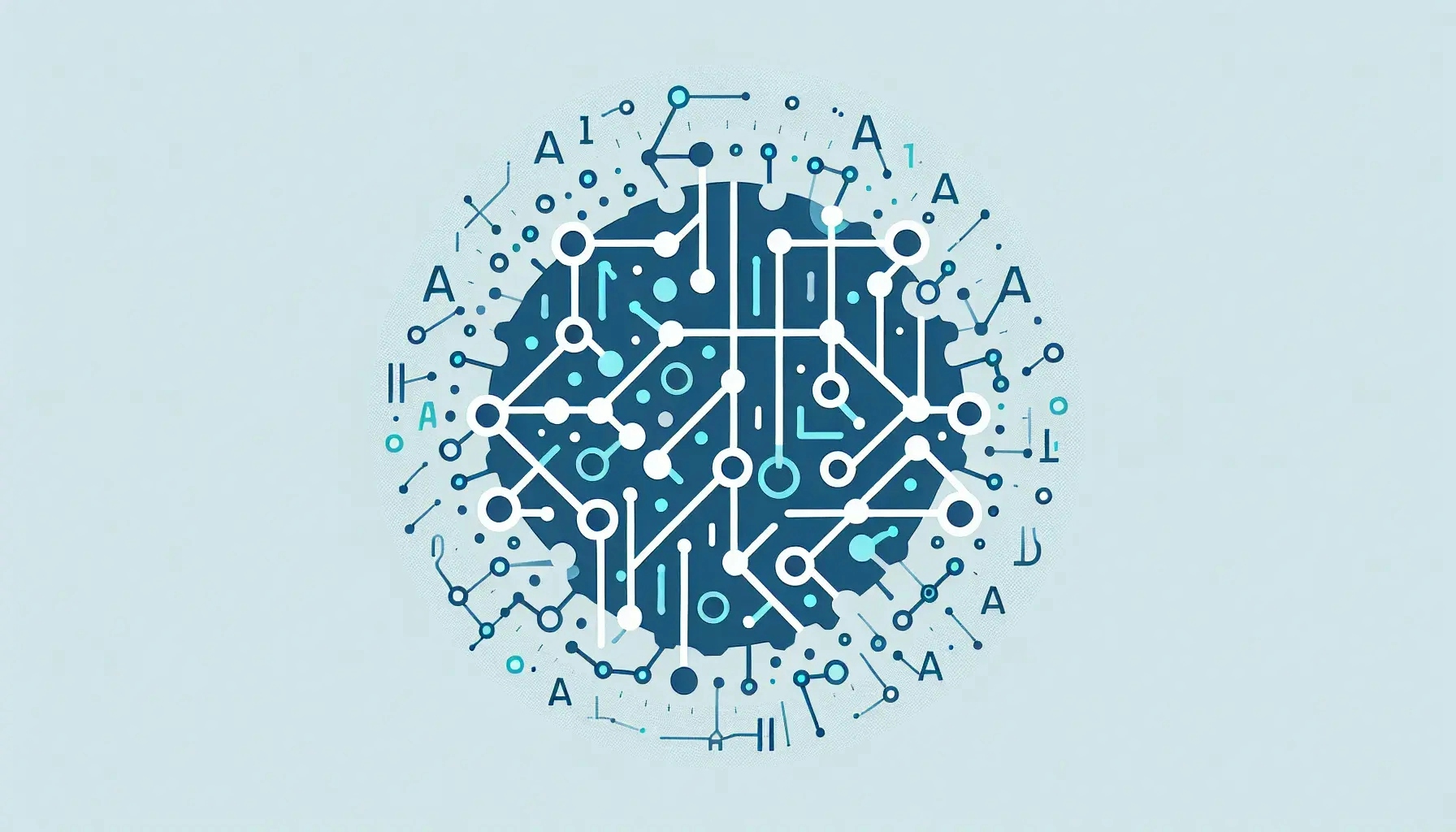Artificial Intelligence (AI) has become a game-changer in the world of software development. It has the potential to revolutionize the way we design, develop, and manage software projects. This blog post will delve into the intricacies of integrating AI into software projects, exploring the benefits, challenges, and strategies involved. We will also shed light on real-world examples and future trends in AI integration.
The Rise of AI in Software Development
Artificial Intelligence is no longer a futuristic concept. It has become a reality that is reshaping various industries, including software development. AI has the potential to automate mundane tasks, improve efficiency, and bring about innovative solutions.
AI's role in software development is multifaceted. It can help in the design phase by generating code snippets, predicting potential bugs, and suggesting optimal design patterns. During the development phase, AI can automate code generation, testing, and debugging. It can also assist in project management by predicting project timelines, resource allocation, and potential risks.
However, integrating AI into software projects is not a straightforward task. It requires a deep understanding of AI technologies, a clear strategy, and a willingness to embrace change. The next sections will delve deeper into these aspects.
Benefits of Integrating AI in Software Projects
The integration of AI into software projects can bring about numerous benefits. One of the most significant advantages is automation. AI can automate various tasks in the software development lifecycle, such as code generation, testing, and debugging. This can significantly reduce the development time and cost.
AI can also improve the quality of software. It can predict potential bugs and suggest optimal design patterns, leading to more robust and reliable software. Moreover, AI can assist in project management by predicting project timelines, resource allocation, and potential risks. This can lead to more efficient project management and better decision-making.
Another benefit of AI integration is innovation. AI can bring about innovative solutions that were not possible before. For example, AI can enable software to understand natural language, recognize images, and make predictions based on data. This can open up new possibilities for software applications.
Challenges in Integrating AI in Software Projects
Despite the numerous benefits, integrating AI into software projects also comes with challenges. One of the main challenges is the lack of understanding and expertise in AI technologies. AI is a complex field that requires a deep understanding of various concepts, such as machine learning, deep learning, and neural networks. This can be a barrier for many software development teams.
Another challenge is the lack of clear strategies for AI integration. Many organizations jump into AI integration without a clear plan, leading to ineffective implementation and wasted resources. Moreover, AI integration requires a significant investment in terms of time and money. This can be a deterrent for many organizations.
Furthermore, AI integration can also bring about ethical and legal challenges. For example, the use of AI can lead to privacy concerns and potential bias in decision-making. These challenges need to be addressed to ensure the successful integration of AI in software projects.
Strategies for Successful AI Integration
To overcome the challenges and reap the benefits of AI integration, organizations need to follow certain strategies. One of the key strategies is to build a strong foundation in AI technologies. This involves training the development team in AI concepts and technologies, and staying updated with the latest trends in AI.
Another important strategy is to have a clear plan for AI integration. This involves identifying the areas where AI can bring value, setting clear goals, and planning the implementation process. It is also important to consider the ethical and legal implications of AI integration and take necessary measures to address them.
Moreover, organizations need to embrace change and be willing to experiment. AI integration is a journey that requires continuous learning and adaptation. It is important to be open to new ideas, learn from mistakes, and continuously improve.
Real-World Examples of AI Integration
There are numerous examples of successful AI integration in software projects. For example, Google uses AI in its search engine to understand user queries and provide relevant results. Netflix uses AI to recommend movies and TV shows based on user preferences. Amazon uses AI to predict customer behavior and personalize shopping experiences.
In the field of software development, companies like Microsoft and IBM are using AI to automate code generation and testing. Startups like DeepCode and Codota are using AI to provide coding assistance and bug prediction. These examples show the potential of AI integration in software projects and provide inspiration for other organizations.
Future Trends in AI Integration
The future of AI integration in software projects looks promising. With the advancement in AI technologies, we can expect more automation, better quality software, and more innovative solutions. AI is also expected to play a bigger role in project management, with more accurate predictions and better decision-making.
Moreover, we can expect more ethical and legal guidelines for AI integration. As the use of AI becomes more prevalent, there will be more focus on addressing the ethical and legal challenges associated with AI. This will lead to more responsible and ethical use of AI in software projects.
Embracing the AI Revolution in Software Projects
The integration of AI into software projects is a transformative trend that is reshaping the software development landscape. While it comes with challenges, the benefits of AI integration are immense. By building a strong foundation in AI technologies, having a clear strategy, and embracing change, organizations can successfully integrate AI into their software projects and stay ahead in the competitive software development market. The future of AI integration looks promising, with more automation, better quality software, and more innovative solutions on the horizon.

